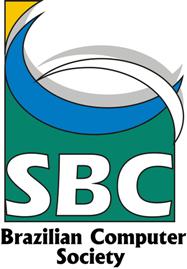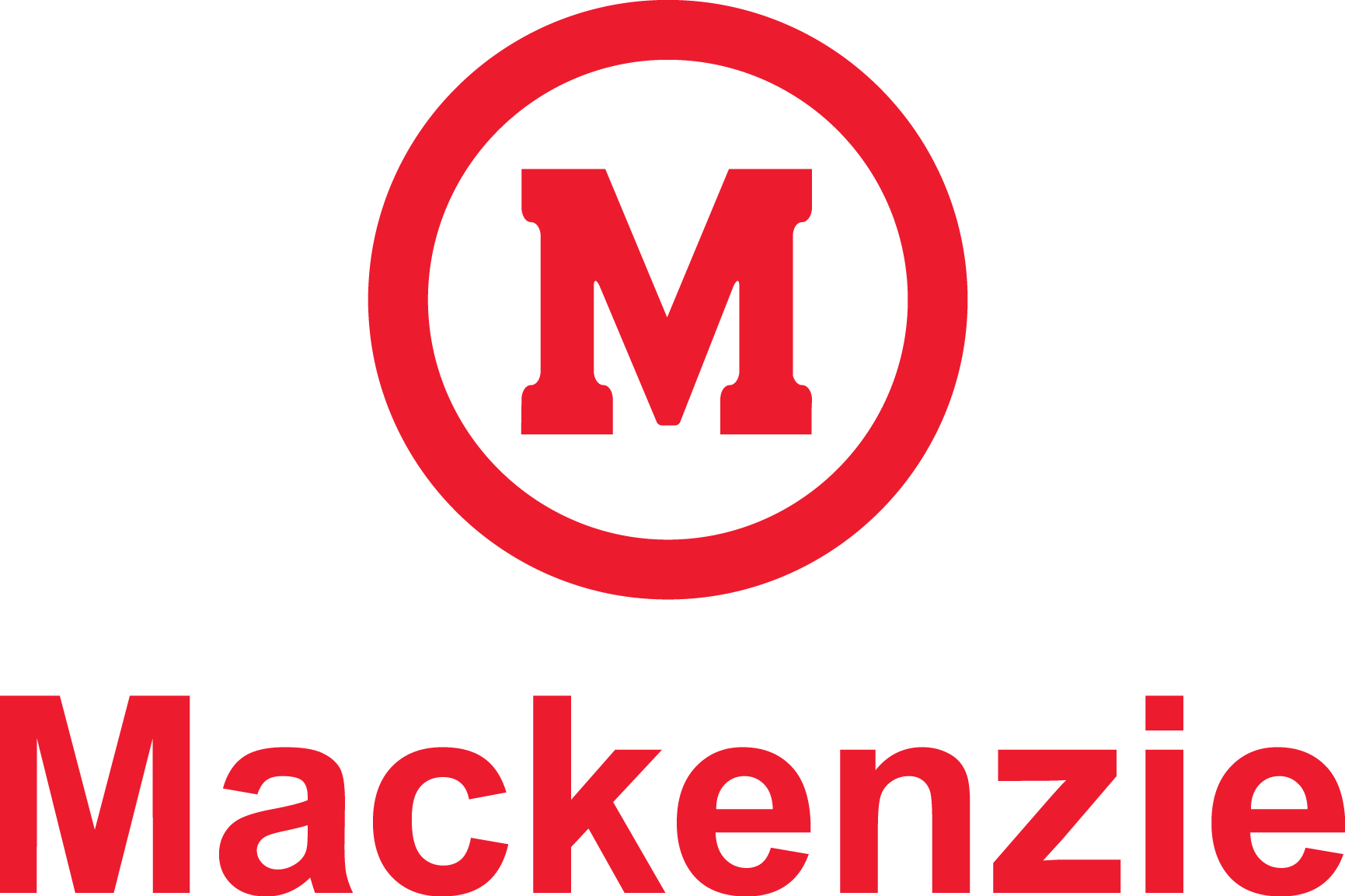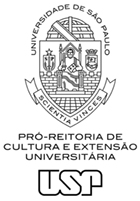CBSoft - Workshops
LA-WASP 2011
Organizers: Valter Vieira de Camargo (UFSCar), Eduardo Figueiredo (UFMG)
Website: http://www2.dc.ufscar.br/~lawasp/2011/
- Brief description: Aspect-Oriented Software Development (AOSD) is an important paradigm in software development whereby novel notions of modularity and composition mechanisms are discussed with the goal of taming concerns that cut across traditional abstraction boundaries.
- The importance of AOSD in the software engineering community has become evident with the realization of several workshops, tutorials and nine editions of the AOSD international conference. Over the last years, the software industry has also given more attention to AOSD techniques. Many available software products, such the JBoss application server and the Spring integration framework, have adopted the use of aspect-oriented techniques to address crosscutting concerns (persistence, security, dynamic adaptation) encountered in the development of server-side applications.
- The Fifth Latin-American Workshop on Aspect-Oriented Software Development (LA-WASP 2011) aims at bringing together the Latin-American and international research communities interested in topics related to AOSD to share and discuss ideas, strengthen research group collaborations and identify new research opportunities.
WDDS 2011
Organizers: Renata Pontin de Mattos Fortes (ICMC - USP), Sabrina Marczak (PUCRS)
Website: http://www.wdds.ufpb.br/2011/en_index.php
- Brief description: The Workshop on Distributed Software Development (WDDS) is a forum for researchers, students, and practitioners discussing problems and solutions related to Distributed Software Development (DSD) techniques, methods, tools, environments and processes. Therefore, WDDS is a workshop about theoretical fundaments and practical experiences of adopting DSD in academic and industrial projects.
- State-of-the-art and state-of-the-practice advances are expected for the exchange of contributions, opinions and debates. Thus, the WDDS has the purpose of generating knowledge and exchanging experiences in DSD. In the context of the workshop, DSD spans organizations, countries, time zones and even continents.
- In 2011, the WDDS will be held in collocation with the Brazilian Software Conference (CBSof), in São Paulo, SP, and organized by the Universidade de São Paulo (USP) and by Pontifícia Universidade Católica do Rio Grande do Sul University (PUCRS).
SAST 2011
Organizers: Eliane Martins (IC - Unicamp), Fábio Fagundes Silveira (DCT - ICT - Unifesp)
Website: http://www.sjc.unifesp.br/sast2011/
- Brief description: Software testing is the most popular way to verify and validate software systems. However, empirical studies show that test-related activities often account for over 50% of software development costs. Systematic and automated approaches have shown capable of reducing this overwhelming cost. Industrial success cases have been openly reported and academic interest continues to grow as observed by the growing number of researchers in the field. In this context, the main goal of SAST is to build a forum that brings the research and industry communities together to discuss improvements in software testing systematization and automation.
- The SAST began in 2007, with the first two editions held together with SBES, and the last two, with the SBMF. This is its first edition with the CBSoft, which is perfectly adequate, given its synergy with other events of this conference.
- Besides the CBSoft activities, the workshop will have invited talks and technical sessions.
AutoSoft 2011
Organizers: Anarosa Alves Franco Brandão (POLI - USP), João Batista de Camargo (POLI - USP), Marcelo Blois Ribeiro (PUCRS), Ricardo Choren (IME-RJ)
Website: http://www.lti.pcs.usp.br/autosoft
- Brief description: Autonomous systems represent the next great step in the fusion of computing, sensing, and software to create intelligent systems capable of interacting with the complexities of the real world. The transition from passive to autonomous components turned software architectures into complex platforms that may contain many components that dynamically interact, and engage in complex coordination protocols. Transportation, aerospace, defense and finance are amongst some of the sectors shifting towards replacing the human operator by architectures and implementation technologies that are intended to provide overall system improvements.
- AutoSoft intends to extend the state of the art in both engineering and application in the context of autonomous systems. The main idea is to bring together researchers and practitioners involved in the development of techniques and applications of Autonomous Software Systems, to discuss the latest developments, trends and innovations concerning the theory and practice of such software.
WB-DSDM 2011
Organizer: Toacy C. de Oliveira (COPPE - UFRJ)
Website: http://reuse.cos.ufrj.br/wbdsdm2011/
- Brief description: Model-driven development (MDD) advocates using models as the main abstraction throughout a software development process. Models are high-level representations, opposed to source-code, allowing developers and non-developers to interact more naturally by using terms found in real world scenarios. Moreover, MDD uses models to generate code, which reduces the effort to develop software systems with fewer defects. Thus the goal of this workshop is to bring together students, researchers and practitioners with different backgrounds and who have worked directly or indirectly with MDD to: (i) discuss the beneficial and harmful impact of MDD on practitioners’ productivity; (ii) understand how MDD is currently being applied in industrial projects; (iii) identify possible factors affecting its success/failure; and (iv) discuss the fundamental principles, state-of-the-art techniques, good practices, and emerging challenges governing the contemporary application of MDD.
WESB 2011
Organizers: Glêdson Elias (UFPB), Jefferson Teixeira de Souza (UECE), Márcio de Oliveira Barros (Unirio), Arilo Claudio Dias Neto (UFAM), Silvia Regina Vergilio (UFPR)
Website: http://www.compose.ufpb.br/wesb2011/site/en_index.php
- Brief description: Search Based Software Engineering (SBSE) is a Software Engineering field in which the problems associated with all activities of software development processes are reformulated and modeled as optimization problems and, subsequently, resolved adopting search concepts, techniques, algorithms and strategies, which are in general based on meta-heuristics.
- In such a context, the Brazilian Workshop on Search Based Software Engineering (WESB 2011) has the purpose of bringing to the national setting the recent growth of interest in the field, which, in the international setting, has shown a rapid advancement. The main idea is to create a forum for discussion and dissemination of research in related themes and issues, as well as a regular event, which may develop and expand the emerging national community, promoting the growth and consolidation of interest in the field by researchers and practitioners involved in both Software Engineering and meta-heuristics search.
WBVS 2011
Organizers: Glauco Carneiro (UNIFACS), Manoel Mendonça (UFBA), Sandra Fabbri (UFSCar)
Website: http://www.ppgcomp.unifacs.br/wbvissoft/home.html
- Brief description: Software visualization (SoftVis) aims at using visual resources to represent software properties that can support users to uncover facts and relationships in software systems that otherwise would remain hidden. Humans acquire more information through vision than all the other senses combined. For this reason, the design and use of visual resources play an important role in software engineering. Despite the number of studies undertaken involving software visualization, this is the first event in Brazil that brings together researchers and representants from the industry to discuss on relevant results and challenges faced in the field. Special emphasis will be put on the knowledge transfer between academy and industry. Submission of papers and position papers are both welcome.


